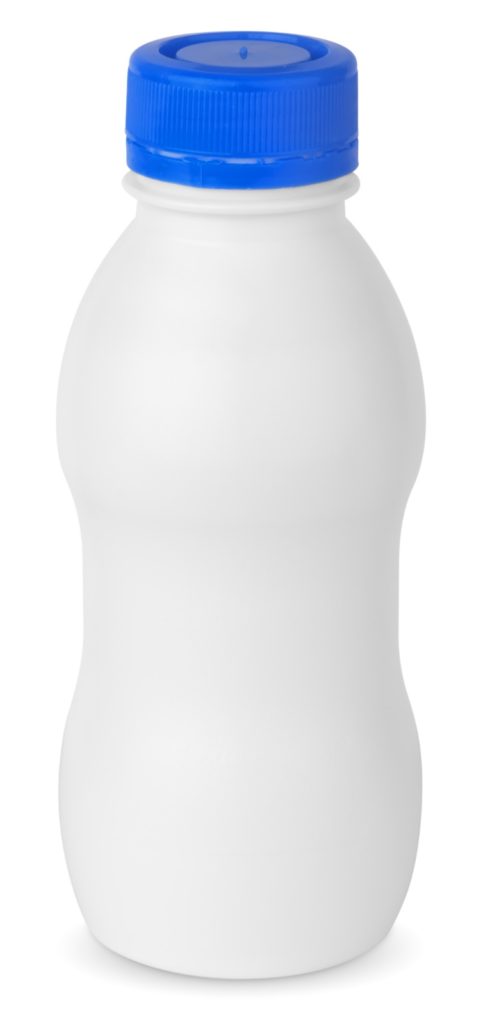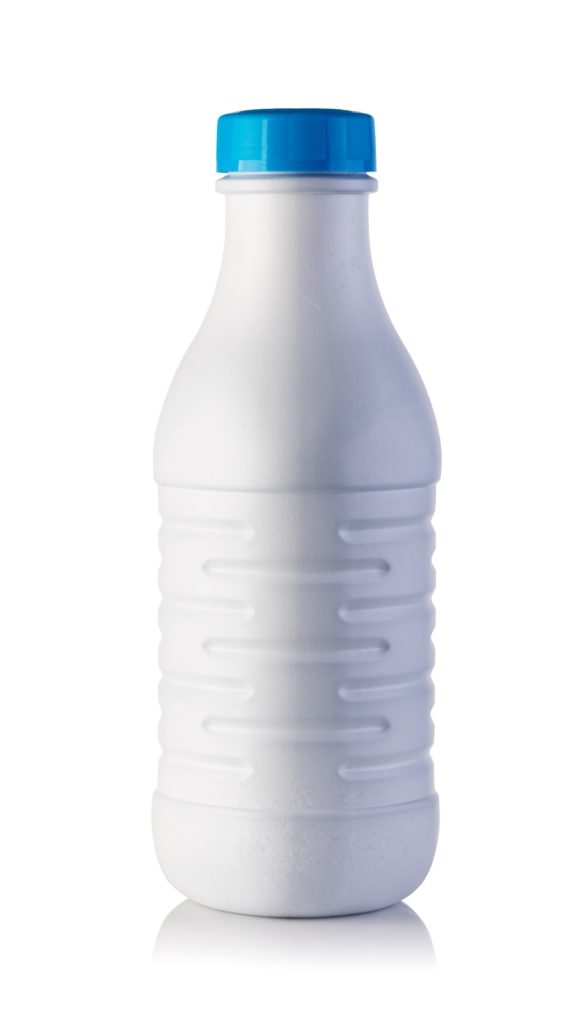- +31-624-845-535
- info@plabottles.eu
- in need of compostable packaging?
- Let's connect

Article about study: “Assessment of polylactic acid as a feed ingredient for dairy cattle.” – This study, published in the journal “Animal Feed Science and Technology,”
Polylactic Acid (PLA) is a biodegradable and renewable thermoplastic derived from natural sources such as cornstarch, sugarcane, and potatoes. Its environmental sustainability and biodegradability have made it a popular alternative to traditional petroleum-based plastics. As the demand for sustainable and environmentally friendly products continues to grow, research into the potential applications of PLA has increased, including its use as a feed ingredient for livestock.
The study “Assessment of polylactic acid as a feed ingredient for dairy cattle” was published in the journal “Animal Feed Science and Technology” and aimed to investigate the potential of using PLA as a feed ingredient for dairy cattle. The study used a controlled experiment to assess the effect of incorporating PLA into the diet of dairy cattle on their health, performance, and milk production.
The study was conducted on a group of Holstein-Friesian cows and lasted for a period of 14 weeks. The cows were randomly divided into two groups, with one group receiving a diet that included 5% PLA and the other group receiving a control diet without PLA. The health, performance, and milk production of the cows were regularly monitored throughout the experiment.
The results of the study showed that the inclusion of PLA in the diet of dairy cattle did not have a negative impact on their health or performance. There were no significant differences observed in the body weight, feed intake, or feed efficiency of the cows receiving the diet with PLA compared to the control group.
Additionally, the study found that the inclusion of PLA in the diet did not have a negative impact on the milk production of the cows. The milk yield, milk composition, and milk quality were similar for both the control group and the group receiving the diet with PLA.
The results of this study indicate that PLA can be a suitable feed ingredient for dairy cattle, with no negative impact on their health, performance, or milk production. This is an encouraging result, as it suggests that incorporating PLA into the diets of dairy cattle could help to reduce the use of traditional petroleum-based plastics in the animal feed industry and contribute to a more sustainable and environmentally friendly food production system.
It’s important to note that this study is limited in scope and more research is needed to fully understand the long-term effects of incorporating PLA into the diets of dairy cattle. Furthermore, the study was conducted on a small sample of Holstein-Friesian cows and the results may not be generalizable to other breeds of cattle or other livestock species.
In conclusion, the study “Assessment of polylactic acid as a feed ingredient for dairy cattle” provides important insights into the potential of using PLA as a feed ingredient for dairy cattle. The results of the study suggest that incorporating PLA into the diets of dairy cattle does not have a negative impact on their health, performance, or milk production. Further research is needed to fully understand the long-term effects of incorporating PLA into the diets of dairy cattle and to assess its potential as a sustainable and environmentally friendly alternative to traditional petroleum-based plastics in the animal feed industry.

